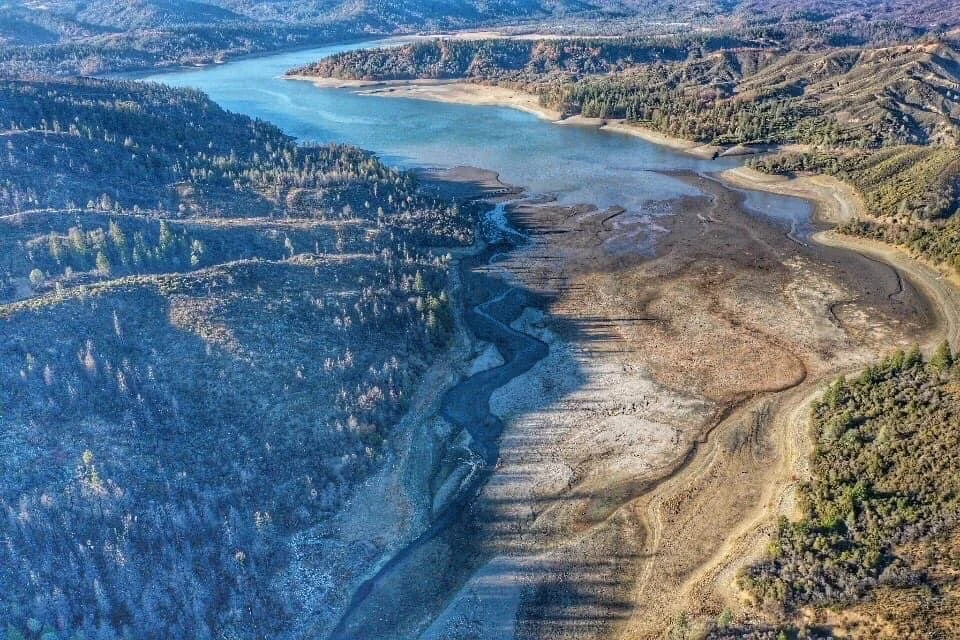Ukiah Daily Journal September 25, 2021 at 9:52 a.m. | UPDATED: September 25, 2021 at 9:53 a.m.
To the Editor:
Decommissioning: Do you understand the ramifications?
On Sept. 12, there was a Times Standard article ran in the Ukiah Daily Journal titled, “More time sought for Potter Valley takeover.” Since the Times Standard is a Humboldt County publication, it is understandable that the article is focused on comments from one set of interests. However, since the concept behind the Potter Valley Project “takeover” (or relicensing as more commonly known) has been labeled as a two-basin solution, the water supply needs of the Russian River basin cannot be ignored.
Those who benefit from the water supply provided from the Potter Valley Project into Lake Mendocino NEED to understand what decommissioning means. If the current partners are not granted the request for a time extension to continue to work toward relicensing milestones, the next determination from the Federal Energy Regulatory Commission (FERC) could be to direct PG&E, as the current license holder, to enter a decommissioning process.
If this occurs, the infrastructure connected to the Potter Valley Project would be partially or fully removed over a specified timeline. This means Scott Dam and Lake Pillsbury, the water diversion infrastructure connected to Van Arsdale reservoir that delivers water into the Russian River, and the powerhouse could be dismantled.
There is potential for some sort of continued water diversion into the Russian River watershed that is being discussed if a decommissioning process is initiated, but it not known what this would entail. Without storage infrastructure like what is currently available from Lake Pillsbury, it is guaranteed that there would not be year-round diversion. If diversions are only available during high-flow winter months, there are questions on how regulatory limitations and infrastructure limitations will allow for continued diversion and the ability to store this water in Lake Mendocino. In addition, if decommissioning advances is also not known how water will be provided to Potter Valley.
Farm Bureau encourages all the communities from Potter Valley to Hopland and beyond to take a good look at Lake Mendocino this year. Without the water from the Project, Lake Mendocino will look like this on a regular basis. The people, farms and fish that depend on the water supply from the Potter Valley Project in the Russian River watershed cannot be ignored. If you are concerned about your water supply for the future, you need to know what the ramifications of a decommissioning process would be and encourage local, state and federal elected officials to remember that any solution related to the future of the Project truly needs to be for two-basins.
-Devon Jones, Executive Director Mendocino County Farm Bureau

